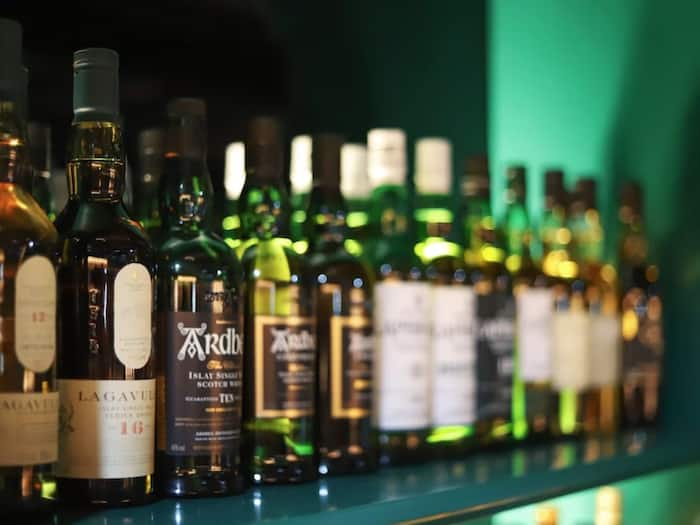The QR code-based track and trace system that was introduced in 2023-24 for IMFL and country liquor will be extended to imported foreign liquor as well, said the statement.

Chandigarh: The Nayab Singh Saini-led Haryana Cabinet on Wednesday gave its approval to a new excise policy for the year 2024-25 after receiving approval from the Election Commission in this regard. According to the official statement, the policy has been approved for one year starting from June 12.
“There will be a slight increase in the excise duty on IMFL (Indian Made Foreign Liquor) and country liquor in the new policy starting from June 12,” it said. However, no details regarding the quantum of increase in the excise duty were given. The cabinet met here under the chairmanship of Chief Minister Nayab Singh Saini.
The duration of the previous excise policy (2023-24) was for one year from June 12, 2023. The maximum basic quota of IMFL will be 700 lakh proof litres and 1,200 lakh proof litres for the country liquor for the year 2024-25.
The QR code-based track and trace system that was introduced in 2023-24 for IMFL and country liquor will be extended to imported foreign liquor as well, said the statement.
The minimum retail sale prices of imported liquor brands will be fixed by the department to streamline the business, it said. With the approval of this policy, the excise department will now start e-auction for allotment of retail vends from May 27. The maximum number of retail vends will remain the same in the new policy.
Any person desirous of participating in the e-auction will be required to furnish an Aadhar Card or Parivar Pehchan Patra, Income Tax Returns for the last three assessment years and must have a minimum net worth of Rs 60 lakh, said the statement.
As the Model Code of Conduct is in force in view of the ongoing Lok Sabha election, the approval of the EC was taken before the decision was taken on the policy.
Source link




